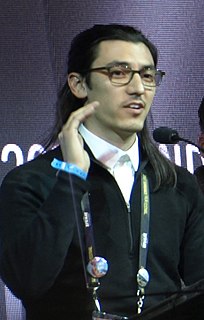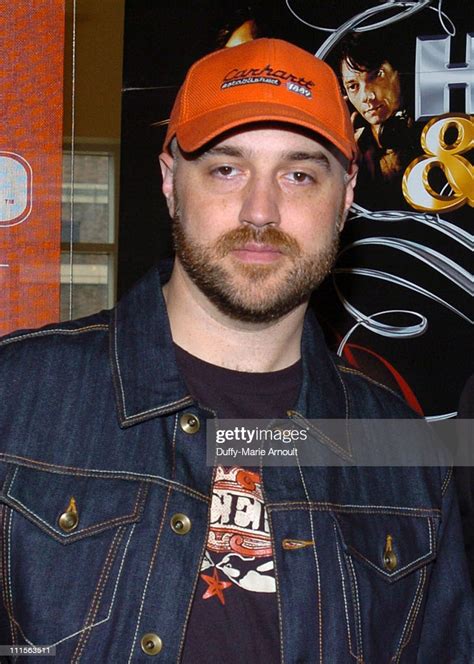A Quote by Friedrich Nietzsche
The question of place and climate is most closely related to the question of nutrition. Nobody is free to live everywhere; and whoever has to solve great problems that challenge all his strength actually has a very restricted choice in this matter. The influence of climate on our metabolism, its retardation, its acceleration, goes so far that a mistaken choice of place and climate can not only estrange a man from his task but can actually keep it from him: he never gets to see it.
Related Quotes
Nobody is so constituted as to be able to live everywhere and anywhere; and he who has great duties to perform, which lay claim toall his strength, has, in this respect, a very limited choice. The influence of climate upon the bodily functionsextends so far, that a blunder in the choice of locality and climate is able not only to alienate a man from his actual duty, but also to withhold it from him altogether, so that he never even comes face to face with it.
Some souls think that the Holy Spirit is very far away, far, far, up above. Actually he is, we might say, the divine Person who is most closely present to the creature. He accompanies him everywhere. He penetrates him with himself. He calls him, he protects him. He makes of him his living temple. He defends him. He helps him. He guards him from all his enemies. He is closer to him than his own soul. All the good a soul accomplishes, it carries out under his inspiration, in his light, by his grace and his help.
...the world needs to face up to the challenge of climate change, and to do so now. It is clear that climate change poses an urgent challenge, not only a challenge that threatens the environment but also international peace and security, prosperity and development. And as the Stern report showed, the economic effects of climate change on this scale cannot be ignored, but the costs can be limited if we act early
Man has been called a rational being, but rationality is a matter of choice-and the alternative his nature offers him is: rational being or suicidal animal. Man has to be man-by choice; he has to hold his life as a value-by choice; he has to learn to sustain it-by choice; he has to discover the values it requires and practice his virtues-by choice. A code of values accepted by choice is a code of morality.
I think climate change is probably the most extreme, and it's been going on for years because it's very difficult to talk about a planetary issue like climate change and to get people who live within four-year electoral cycles to actually pay attention to something that you predict is happening way in the future.
It's very hard to track down what's real and what's not real. We haven't absorbed what climate change is doing. Because whether people associate it or not, fear of immigration is completely related to climate change, because the mass migrations that are happening, the war in Syria, all of these structural human migrations are related to climate change.
The election makes me think of a story of a man who was dying. He had only two minutes to live, so he sent for a clergyman and asked him, "Where is the best place to go to?" He was undecided about it. So the minister told him that each place had its advantages--heaven for climate, and hell for society.








































